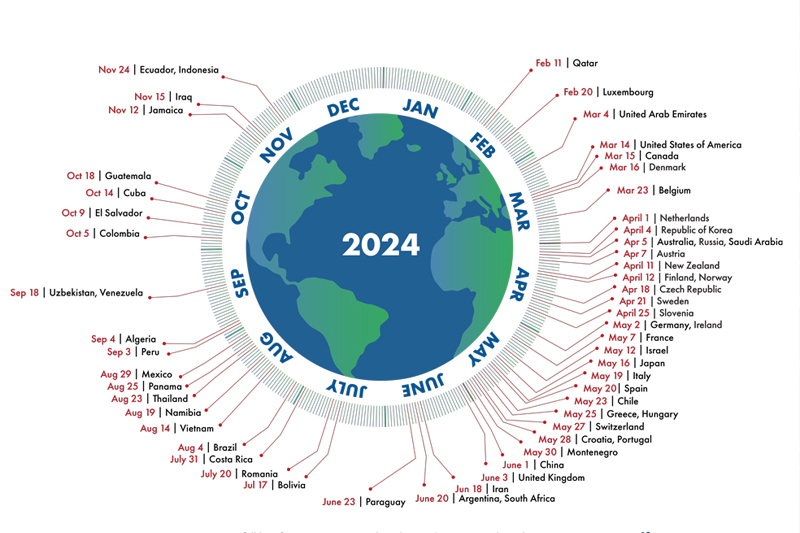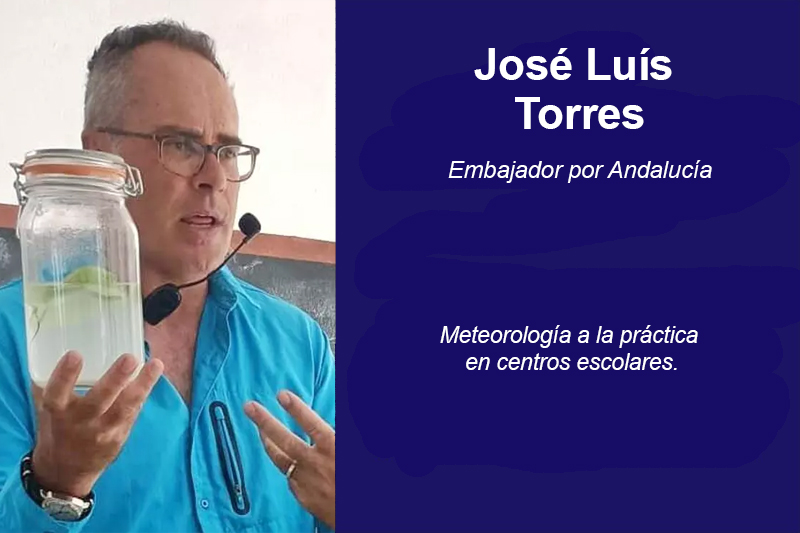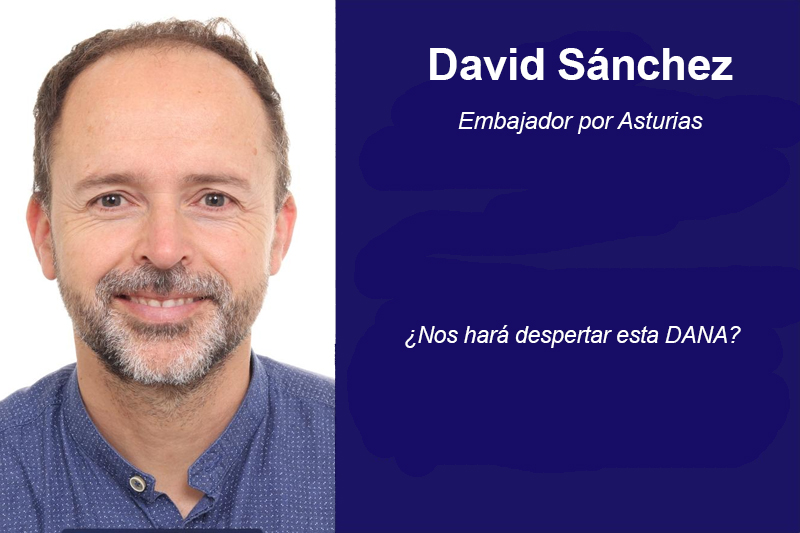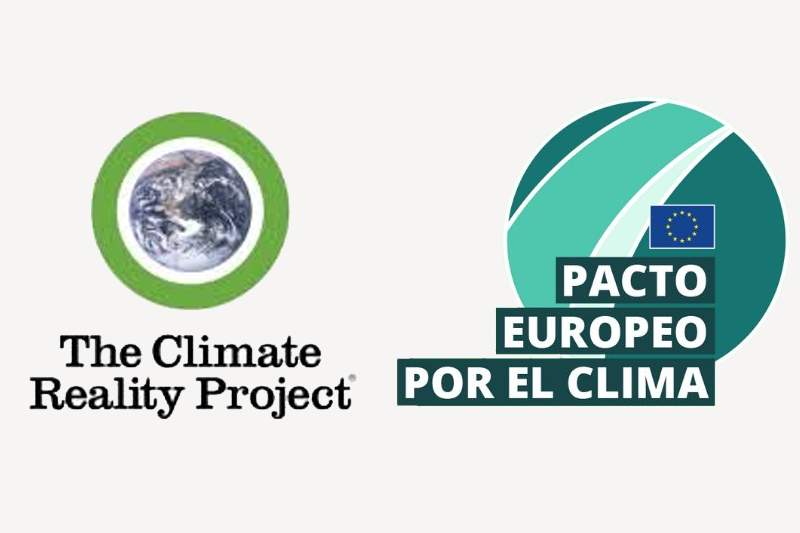The date of Earth Overshoot Day is announced each year on June 5 (World Environment Day).
The event is hosted and calculated by Global Footprint Network, an international research organization that provides decision-makers with a menu of tools to help the human economy operate within Earth’s ecological limits. The calculation builds on the National Footprint and Biocapacity Accounts, which are governed by FoDaFo and maintained by York University. To estimate the year’s Earth Overshoot Day, latest data points are used to make the date reflect as accurately as possible the reality of the actual year. Every year, Global Footprint Network announces the date for Earth Overshoot Day of the running year on June 5, which is also World Environment Day.
To determine the date of Earth Overshoot Day for each year, Global Footprint Network calculates the number of days of that year that Earth’s biocapacity suffices to provide for humanity’s Ecological Footprint. The remainder of the year corresponds to global overshoot. Earth Overshoot Day is computed by dividing the planet’s biocapacity (the amount of ecological resources Earth is able to generate that year), by humanity’s Ecological Footprint (humanity’s demand for that year), and multiplying by the number of days in a year. This year, as we are in a leap year, it is 366 days:
(Earth’s Biocapacity / Humanity’s Ecological Footprint) x 366 = Earth Overshoot Day
Earth Overshoot Day 2024 falls on August 1. Learn more about how the 2024 date was calculated. Or download the more detailed report here.
Explore and download the data for the world and every country at data.footprintnetwork.org.
Donate today so we can continue to help end ecological overshoot!
Measuring Ecological Wealth
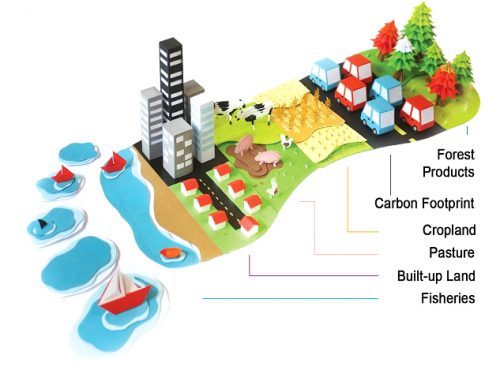
Source of Illustration: WWF Japan and Global Footprint Network; Ecological Footprint for Sustainable Living in Japan
Just as a bank statement tracks income against expenditures, Global Footprint Network measures a population’s demand for and ecosystems’ supply of resources and services. These calculations then serve as the foundation for calculating Earth Overshoot Day.
On the supply side, a city, state, or nation’s biocapacity represents its biologically productive land and sea area, including forest lands, grazing lands, cropland, fishing grounds, and built-up land.
On the demand side, the Ecological Footprint measures a population’s demand for plant-based food and fiber products, livestock and fish products, timber and other forest products, space for urban infrastructure, and forest to absorb its carbon dioxide emissions from fossil fuels.
Both measures are expressed in global hectares—globally comparable, standardized hectares with world average productivity. A hectare is equivalent to 10,000 square meters or 2.47 acres
Each city, state or nation’s Ecological Footprint can be compared to its biocapacity. If a population’s demand for ecological assets exceeds the supply, that region runs an ecological deficit. A region in ecological deficit meets demand by importing, liquidating its own ecological assets (such as overfishing), and/or emitting carbon dioxide into the atmosphere.
At the global level, ecological deficit and overshoot are the same, since there is no net import of resources to the planet.
History
The idea of Earth Overshoot Day was first suggested by our colleague Andrew Simms, who then worked at the UK think tank New Economics Foundation. That Foundation then partnered with Global Footprint Network in 2006 to launch the first global Earth Overshoot Day campaign. WWF, the world’s largest conservation organization, has participated in Earth Overshoot Day since 2007. Since then, Earth Overshoot Day has grown exponentially and typically generates over 10 billion media impressions. “Impressions” means number of people that those platforms who report about Earth Overshoot Day can reach.

